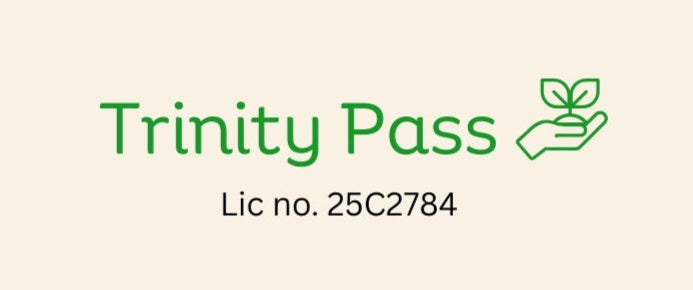It’s no secret that hiring foreign talent in Singapore is a smart way to grow your business.
And choosing the right work pass is essential.
The S Pass and Employment Pass (EP) may seem similar, but there are key differences between them.
Let’s start with the basics.
The key difference is that they apply to different types of workers.
Table of Content
Employment Pass vs S Pass: Which Work Pass is Right for You?
Put simply, the Employment Pass and the S Pass are two distinct types of work permits.
Both allow foreign nationals to work legally in Singapore for locally registered companies. And they are issued by the Ministry of Manpower (MOM).
So, what’s the key difference between an S Pass vs an Employment Pass?
They apply to different categories of workers.
Here’s what you need to know:
What is the Employment Pass (EP):
This pass is for highly skilled professionals, managers, and executives (PMETs). To qualify, applicants typically need specific qualifications—ranging from a recognised degree to relevant industry experience. There is also a minimum salary threshold that must be met.
What is the S Pass:
The S Pass in Singapore is aimed at mid-skilled workers, such as support staff, technicians, and similar roles. The qualifying salary for the S Pass is lower than that of the EP, and the requirements in terms of qualifications and work experience are also different.

S Pass Requirements & Qualifications: A Must-Know
In Singapore, the S Pass comes with specific requirements.
To help you avoid getting bogged down in the details, here’s an easy-to-digest table that highlights all the key information you need.
This way, you can plan your hiring with peace of mind.
S Pass Overview
Who it's for : Mid-skilled workers (e.g. technicians, support staff)
Minimum salary : From SGD 3,150/month (SGD 4,650 for age 45+); rising to SGD 3,300 (SGD 4,800 for 45+) from 1 Sept 2025
Education & experience : Diploma/technical certificate (minimum 1 year full-time study) + relevant work experience
Levy : Monthly levy applies; Basic/Tier 1 levy will increase to SGD 650 from 1 Sept 2025
Quota : Company size and industry limits apply
Validity : Up to 2 years, renewable for up to 3 years
Family privileges : Allowed if earning at least SGD 6,000/month (spouse and children under 21)
Industry availability : Open to all sectors, including construction and manufacturing
PR eligibility : Can apply under the PTS Scheme
Processing time : Typically 3 weeks, up to 8 weeks
(UPDATE) New MOM Rules: Changes to S Pass Eligibility Criteria from September 2025
You've decided that you're hiring an S Pass holders.
And you're ready to take the next step.
But here's an important update from MOM you'll want to take note of.
Starting 1 September 2025, there will be criteria changes for the S Pass.
This applies to both the minimum qualifying salary and the levy rates for S Pass holders.
What MOM is doing is to raise the quality of S Pass holders.
The intention is to bring workers closer to the top one-third of local Associate Professionals and Technicians (APTs).
What’s Changing: S Pass Minimum Salary
From 1 September 2025, the minimum salary needed to qualify for an S Pass will go up. This applies to:
- All new applications submitted from 1 Sep 2025
- Renewals for passes expiring from 1 Sep 2026 onwards
Here’s a quick look at the updated salary thresholds:
Sector |
Current Minimum Salary |
New Minimum (from 1 Sep 2025) |
All (except financial services) |
SGD 3,150 (rises with age to SGD 4,650) |
SGD 3,300 (rises with age to SGD 4,800) |
Financial services |
SGD 3,650 (rises with age to SGD 5,650) |
SGD 3,800 (rises with age to SGD 5,650) |
Just like before, the required salary increases with the candidate’s age, starting from age 23.
What’s Also Changing: S Pass Levy Rates
MOM will also be adjusting levy rates from 1 September 2025.
The Tier 1 levy (the basic rate) will go up from SGD 550 to SGD 650, and this change applies across all sectors.
Services Sector
Tier |
Quota |
Current Levy |
New Levy |
Tier 1 |
Up to 10% of workforce |
SGD 550 |
SGD 650 |
All Other Sectors
Tier |
Quota |
Current Levy |
New Levy |
Tier 1 |
Up to 10% of workforce |
SGD 550 |
SGD 650 |
Tier 2 |
10–15% of workforce |
SGD 650 |
No change |
You can read more about it in our blog on the upcoming changes to S Pass eligibility in 2025.
Employment Pass Overview
Who it's for : Professionals, managers, and executives (PMETs)
Minimum salary : From SGD 5,600/month (SGD 6,200 for financial services); up to SGD 10,700–11,800 for candidates aged 45+
Education & experience : Good degree from a recognised university + relevant skills and experience
Levy : No foreign worker levy required
Quota : No quota restrictions
Validity : Up to 2 years, renewable for up to 3 years (up to 5 years for experienced tech professionals)
Family privileges : Allowed if earning at least SGD 6,000/month (spouse and children under 21)
Industry availability : Open to all industries
PR eligibility : Higher chance under PTS Scheme; generally after 6 months to 2 years of work in Singapore
Processing time : Typically 3 weeks, up to 8 weeks
EP vs S Pass Validity Periods: A Quick Comparison
Many employers often ask how to check the S Pass validity period—and how it compares to the EP.
No worries – we’ve got you covered.
Like many other factors, the validity period of an Employment Pass (EP) and S Pass differs slightly.
It mostly comes down to the employment duration and the nature of work for different types of roles.
Let’s start with the Employment Pass.
Typically, an EP is issued for a period of 2 years , with renewals of up to 3 years thereafter.
Of course, this depends on factors like:
The terms of employment
Compliance with the Ministry of Manpower’s (MOM) guidelines
Why is there a longer renewal period?
Well, it's because the EP is issued to highly skilled professionals. These roles often involve strategic, high-impact work or long-term projects that require continuity.
Now, let’s talk about the S Pass.
Similar to the EP, the S Pass is also issued for up to 2 years , with renewals of up to 3 years .
And just like the EP, S Pass renewals depend on:
The employer’s continued eligibility
Compliance with MOM’s guidelines
Compliance with employment regulations
Important: Both passes should be renewed before they expire so the EP or S Pass holder can continue working legally in Singapore.
Ready to Get Started?
→ Looking to hire? Let’s help you apply for the S Pass and make it easy.
→ Need an Employment Pass? Start your application today and we’ll guide you through it!
How the S Pass Levy Rate Affects Your Business in Singapore
handy quota calculatorThis is a common concern for many business owners.
What you need to know is that, as an employer, paying the levy is mandatory for all your S Pass holders.
When does the levy liability start?
It begins the day the S Pass is issued to the holder.
The levy ends when the pass is cancelled or expires.
S Pass Quota Requirements
One more thing to keep in mind is the S Pass Quota Requirements.
Basically, there’s something called the dependency ratio ceiling (DRC), or quota, which sets the maximum number of foreign workers a company can hire compared to its total workforce, depending on the sector.
We’ve simplified it for you in the table below:
Sector |
Dependency Ratio Ceiling (DRC) |
Construction |
83.3% |
Process |
83.3% |
Marine Shipyard |
77.8% |
Manufacturing |
60% |
Services |
35% |
Want to check if you’re within quota? Try our handy quota calculator.
What’s the Daily Levy Rate?
The daily levy rate applies to S Pass holders who didn’t work the full month.
To calculate it, simply use this formula:
(Monthly levy rate x 12) ÷ 365 = then round up to the nearest cent.
Just a quick reminder: There’s no quota or levy for the Employment Pass, in comparison.

How to Apply for an Employment Pass or S Pass for Your Employee
Let’s talk about the important part: applying for an Employment Pass or S Pass. We’ve broken it down into simple steps for you:
Start by posting a job ad on a government-approved website like MyCareersFuture.
Make sure the job ad matches the role you’re applying for with the S Pass/Employment Pass.
The employer name on the application should match the one in the job ad.
The job ad needs to be live for at least 28 days after it’s published.
If you need to update the job details, the ad will need to stay up for an extra 28 days.
Once those 28 days are up, you’re good to start the application for the Employment Pass or S Pass.
Just a heads-up: if it takes longer than 3 months to fill the job, you won’t be able to submit the application.
When you choose to work with us, you’re not just getting help with paperwork – you’re gaining a trusted partner who understands the ins and outs of the process.
Our experience means we know exactly what’s required to get your application approved efficiently. We’ll handle all the tedious details, ensuring you meet every regulatory requirement, so you don’t waste time or face unnecessary delays.
With our support, you can confidently focus on your business while we take care of the paperwork and ensure a smooth application process for your Employment Pass or S Pass.
Bonus: How to Apply for an S Pass from a Work Permit
Looking to upgrade your worker from a Work Permit to an S Pass?
Here’s how to apply for an S Pass from a Work Permit in just a few simple steps:
First things first – check that your worker meets the current S Pass salary and qualification criteria.
Next, cancel the existing Work Permit (your HR team or agency can usually help with that).
Then, submit a fresh S Pass application through MOM’s online portal.
Don’t forget to factor in the S Pass application fees .
Here’s a quick breakdown:
Application fee : SGD 105
Issuance fee (once approved) : SGD 100
These are paid directly to the Ministry of Manpower (MOM) and don’t include any additional charges your agency or service provider may apply.
It’s a straightforward process once you know what to do - and if you’d like support along the way, we’re here to help.
Let’s Make Your Application Process Easy
→ Need help applying for the S Pass? We’ve got you covered - start today!
→ Applying for an Employment Pass? We’re here to help you every step of the way.



Share:
(UPDATE) New MOM Rules: Changes to S Pass Eligibility from Sept 2025
(UPDATE) New MOM Rules: Changes to S Pass Eligibility from Sept 2025